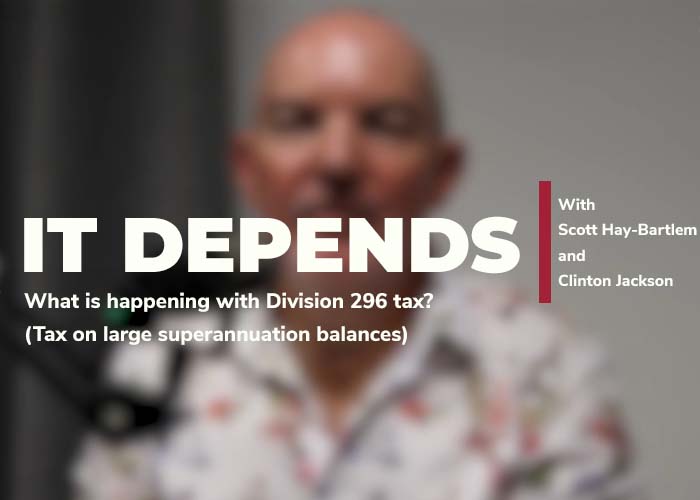In the recent case of Woolworths Limited v Perrins [2015] QCA 207, the Queensland Court of Appeal examined the scope and extent of an employer’s duty of care to avoid causing psychiatric injury to employees.
Mr Perrins had a troubled life; he suffered sexual abuse, struggled with depression and a drug addiction, had been jailed on numerous occasions, and tragically lost a young child. Despite these circumstances, Mr Perrins completed pre-employment forms for Woolworths denying he had any medical condition that might negatively affect his performance.
During his employment, Mr Perrins was offered the opportunity to complete Woolworths’ management training program after successfully passing the rigorous selection process. However, in accordance with Woolworths’ leave policy, the opportunity to participate in the program was withdrawn after management learned of his unsatisfactory attendance record.
Mr Perrins was subsequently offered the position at a later date. Once again, the discovery of his continued absences resulted in management removing him from the course on the day it was due to start. Mr Perrins claims to have suffered psychiatric injury as a result of the disappointment of being withdrawn from the program a second time.
Mr Perrins claimed that Woolworths was negligent in twice offering him the position without first considering his suitability and twice withdrawing the position in an insensitive manner, in circumstances where it was aware that Mr Perrins was vulnerable to psychological injury given his history. At first instance, the trial judge found in Mr Perrins’ favour and awarded substantial damages.
Woolworths was successful on appeal to the Court of Appeal. The judgment ultimately turned on the fact that Woolworths had laid down certain entry criteria for the training program, including that an employee could be transferred to their previous position at any time if they failed to meet the requirements of the program. Accordingly, Woolworths had a legitimate interest in being able to act on a failure by an employee to meet its criteria.
This finding was supported by reasoning that both parties were aware that the thwarting of Mr Perrins’ ambition was a possible outcome. By applying for the position, Mr Perrins implied he was fit to cope with the disappointment of missing out.
This decision is a reminder that each claim for pure psychiatric injury will turn upon its own specific facts. We recommend that professional advice is obtained in dealing with these matters. Should you have any queries about an employer’s duty of care to prevent pure psychiatric injuries, what constitutes a foreseeable risk of injury, or how to respond to workplace injuries, please contact Tony Park, Brady Cockburn, Kim Villis or Kara Thomson.






